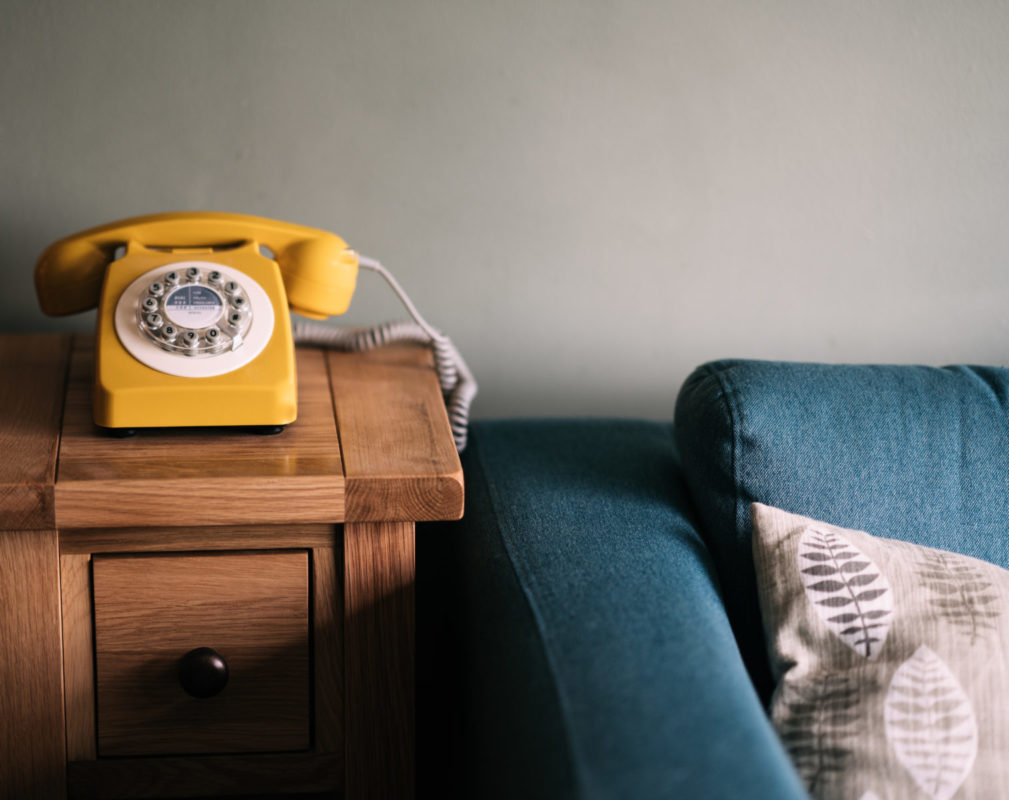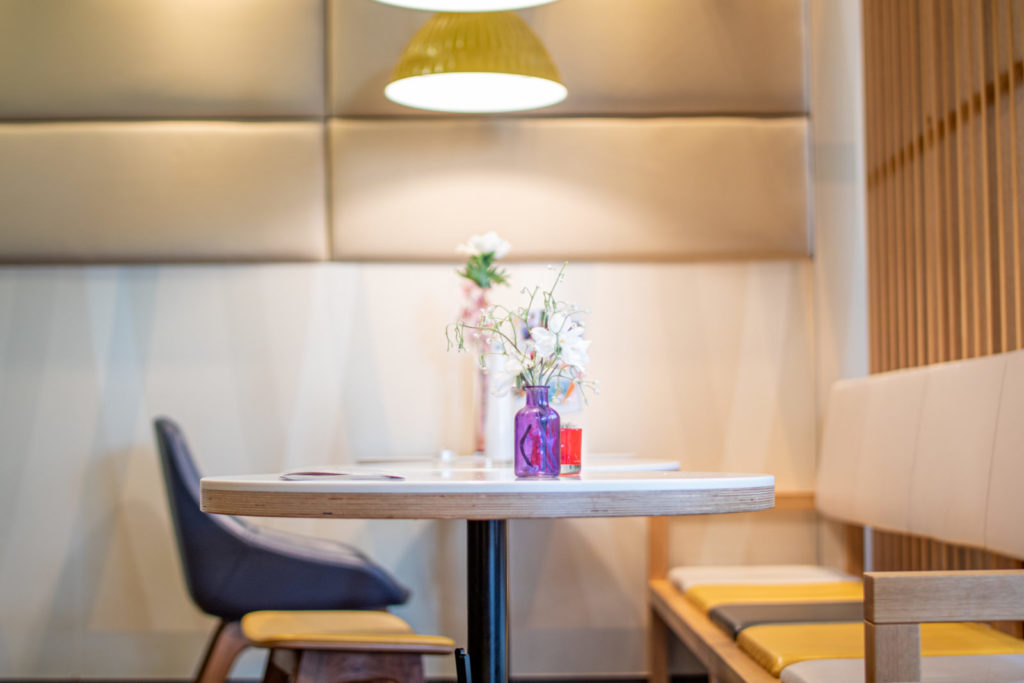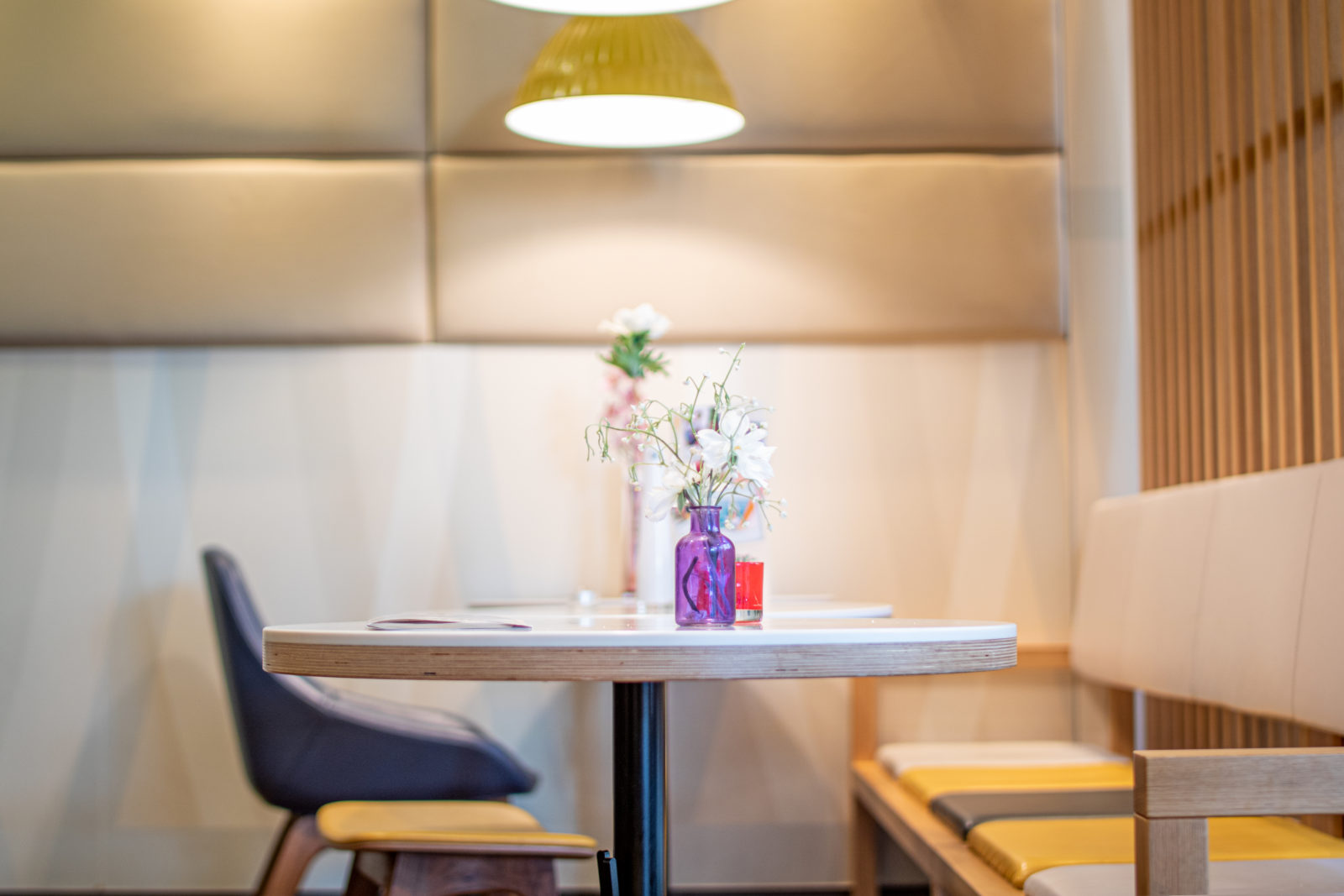I recently had an abortion in Montreal, Canada. You may wonder why I have to write about this. People are not very open to talk about abortion in Japan. Most of them think abortion is a negative thing.
However, I am proud of my decision about abortion and this story might give some ideas to women who are unwantedly pregnant and who feel alone with their anxiety. Furthermore, I was so impressed by the abortion procedure in Quebec, Canada, — even though I am not always satisfied with the Canadian medical system —, that I think I should write about it.
I am going to tell you what happened in the procedure and what is the difference between abortion in Canada and in Japan.
This post may contain some unpleasant content for those who are wanting to get pregnant or who are currently pregnant. So, if you open this page by mistake, I would recommend that you close the page immediately.
I was 45 years old and got pregnant

I am 45 years old, and I thought it was just an irregular delay of my period, so I was a bit late to notice that it was a sign of pregnancy.
Also, I had not been feeling well for a few days, which must have been one of the symptoms of pregnancy, but I thought I had got a cold. Somehow, I started wondering whether I was pregnant because I remembered how my body changed when I was pregnant before, although I ended up miscarrying.
It was a Sunday afternoon when I did a urine test which we bought at a local pharmacy. Immediately before I took the test I really didn’t think that I was pregnant and neither did my boyfriend.
The test worked quickly, and the result was clear. I came out of the bathroom and said to my boyfriend who was completely relaxed on a cosy sofa, “Ah…, sorry. It was positive.”
“Really — ??”
He jumped up from the sofa. I calmly put the test result on the table to show how clear it was.
“Well, so…, what should we do?”
I immediately answered him, “I need to get an abortion.”
He opened his computer and started searching for what the procedure should be in Quebec.
People have different ideas and thoughts about having babies. I know that there are lots of women who desire to have babies even in their 40’s.
However, it was not realistic at all for me to deliver and then raise a baby with him at our current ages. We have often talked about early retirement. There seemed to be no option to give birth, especially when we imagine how old we would be when the child becomes an adult.
(By the way, it was a failure of our birth control. It could be another story, but I am not going to talk about it now.)
Abortion in Quebec, Canada
When we searched the Internet, we found that there were many clinics that specialize in abortion and pregnancy control. There are at least three clinics within 1.5 km from our home, one of which was run by a human rights organisation which began to advocate many years ago that safe abortion is an essential woman’s right.
Every clinic clearly explains the methods and abortion processes on their websites. According to their websites, there are two options available at their clinics :
- a “medical abortion” which is available and effective up to nine-weeks of being pregnant (counting from the first day of the last period). Medical abortions are not permitted in Japan.
- a “surgical abortion” which can be performed up until 12 weeks of being pregnant (counting from the first day of the last period).
In my case, I thought that it was too late for medical abortion and I mentally prepared myself for a “surgical abortion”. I had a miscarriage in the early stages of pregnancy when I was younger, so I knew what the surgery would be like. I was told that the operation for miscarriages and abortion are almost the same.
The website also says that it doesn’t cost anything if you have a Quebec health insurance card (RAMQ). In Japan, miscarriage is covered by health insurance, but abortion is not. I think it’s a great system in Quebec which reduces the barrier for women to make independent decisions when they have unwanted pregnancies.
I wanted to have an abortion as soon as possible, but unfortunately, it was Sunday and clinics in Montreal were closed. We had to wait until the next morning to make an appointment for an abortion.
Double booked abortion surgery in Montreal

At eight o’clock on Monday, we called one of the clinics as soon as they opened. It was the clinic which is located 1.4 km away from our apartment and highly rated on Google.
The official language of Quebec is French, but the phone answered with an automatic voice spoken in both French and English, and I spoke with a woman in English to make an appointment.
My boyfriend who can speak fluent French was with me, but he let me speak. He said that I should talk myself because the decision of abortion must be made by women themselves. “It’s a woman’s right to decide on an abortion, so you have to tell her yourself,” he said.
The lady on the phone asked a few questions and I made an appointment with this clinic nine days later. — It was not ideal for us. I hadn’t imagined that abortion clinics were so busy in this town.
I had already given up on the medical abortion which must be effective only up to nine weeks, but it would be better to have an operation as early as possible. I estimated that I was in the tenth or eleventh week of pregnancy.
We decided to call another clinic; the one which is run by a woman’s human rights organisation. It was even worse. They said that they couldn’t make an appointment for 16 days. They were fully booked for more than two weeks! I said, “Actually, I have an appointment with another clinic, so I think I should take it.” The receptionist agreed with me, “Yeah, I think it is better.”
So, I didn’t make an appointment with them.
We moved on to the next. It was a clinic in 450m away from our place which was slightly lower rated on Google.
When I called them, the automatic voice guidance was only in French, which worried me that they may not have many people who speak English. My French is very poor, and I cannot have any medication in the hospital where people only speak French. I was almost going to hang up the phone before the receptionist answered, but my boyfriend stopped me from pressing the button on the phone.
The receptionist spoke in French, but she also could speak English.
“Then, please come at 12:30 tomorrow,” she said and I decided to have an operation at this clinic.
The decision of Abortion is a Woman’s Right
After I made an appointment, my boyfriend started to get ready to go to work.
“I have to go to the office now because I have a meeting.”
When I was standing with him by the door, I suddenly realised that I hadn’t asked his opinion about my decision for an abortion. I asked him, just in case,
“Are you sure you don’t want to have a baby?” He said, “Yes, I am, but…”
He continued, “More importantly, either way, the first decision must be made by a woman. Honestly, I think it would be too complicated to raise a child from now on, but if you ever change your mind later, send a message to tell me.”
The decision of abortion is a woman’s right, and the choice must be based on the independent decision of the woman.
If I were in Japan, some people might say to me, “It’s a shame because giving a new life is a precious experience,” or “Don’t you want to make your parents happy by letting them have a grandchild?”
Some people make a decision with their sentimental feeling, but I don’t have those ideas, maybe because I have lived too long outside of Japan.
My body is mine and my life is mine, too. I’m proud of my decision to have an abortion, and I’m sure I won’t regret it.
What happened to me on the day

I was told not to drink alcohol and drugs 24 hours before the operation, and not to eat or drink even water 4 hours before (it slightly differs depending on the clinic).
The next day, which is the day of the operation, my boyfriend and I went to the clinic before 12:30. I had to collect urine for the examination first and then fill out a medical history form.
When it was done, my boyfriend was told to wait in the waiting room and I went upstairs to the treatment room. First, the counsellor explained the details of the operation and interviewed me in detail while looking at the questionnaire, and asked me to sign the surgical consent form. At the same time, she asked my opinion on my future birth control plan.
After that, as she explained, the nurse took my blood pressure in a separate room, and I moved to the operating room where the doctor was waiting.
There were a couple of examinations with an ultrasound to determine the pregnancy’s age and to check for chlamydia and gonorrhoea.
Then, I was partially anaesthetised. It was not general anaesthesia, but I was sleeping most of the time during the surgery.
I could have put IUD in my body if I wanted, but I told the counsellor that I prefer birth control pills, so I got a prescription for the pill.
I was woken up by a nurse calling my name and moved me to the bed in the next room where I had two big cookies and some water. After I had a short rest in the room, I still had a little dizziness, but I managed to go down to the reception area and walked back home with my boyfriend. The whole procedure was completed within two hours.
After the operation, there was a small amount of bleeding, but I didn’t feel any pain at all during or after the treatment.
Differences between Abortion in Japan and Canada
I was impressed that everyone involved was trying to ease the patient’s anxiety as much as possible, and I could finish the whole process with a relaxed feeling.
As I mentioned earlier, in Japan, miscarriage is covered by health insurance, but abortion surgery is not. Therefore, it costs about 80,000 to 100,000 yen ($800 to $1,000 US dollars) at least. If it is abortion after the 12th week of pregnancy, it costs more because one has to stay in hospital.
It must be one of the hurdles for women who have unwanted pregnancies to make independent decisions in Japan.
Another difference between here and Japan was the way they treat the women who want to have abortions.
When I had an operation for a miscarriage when I was young, I had to visit a gynaecologist. I wanted to have a baby at that time, so I felt very sad to see a pregnant woman with a big belly sitting in the same waiting room who had come for a regular check up whilst being pregnant. When I think about it now, there might have been other women who were going to have abortions in the same waiting room.
The clinic that I had an abortion this time is an institution that specialises in STI and STBBI (sexually transmitted and blood-borne infections) screening, medical gynaecology, and contraception. It seems that it is common to have an abortion in such a clinic here.
Perhaps, there are now some clinics in Japan where they have separate waiting rooms for ones who are going to give birth, ones who are going to have miscarriage operations, and ones who want to have abortions. I wish there will be more hospitals that can treat women nicer in the future in Japan.
In addition, when you treat an abortion, you will always be asked in Quebec, “What do you think about the future method of contraception?” It is a place for not only having abortions, but also giving positive thoughts about the future afterwards, and consulting. We don’t have this kind of idea in common in Japan, yet.



Comments